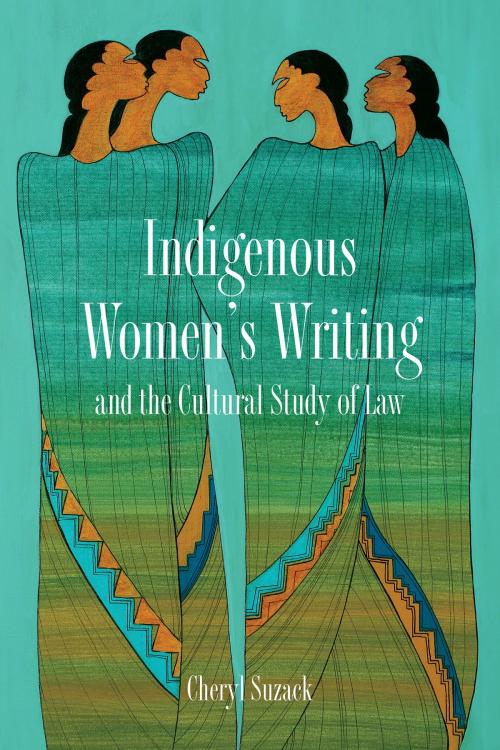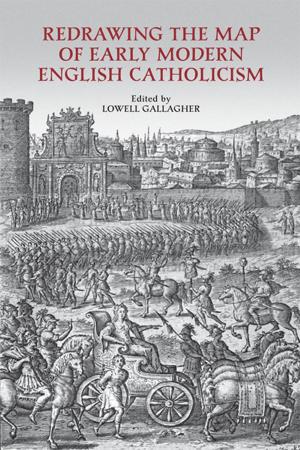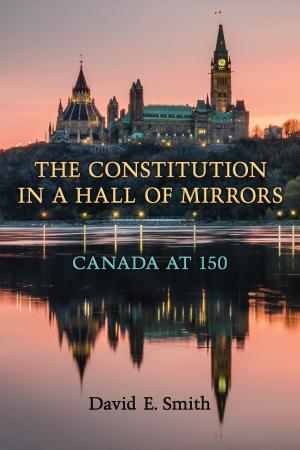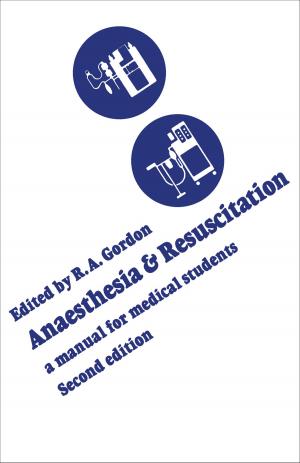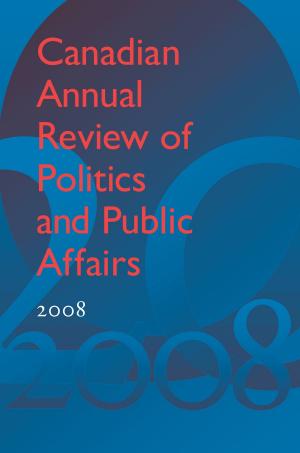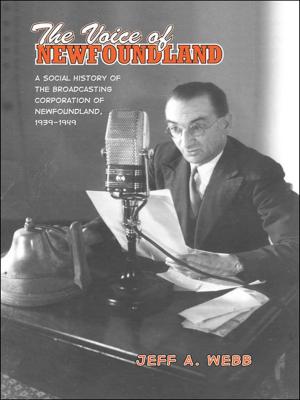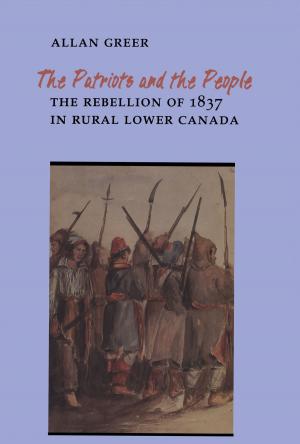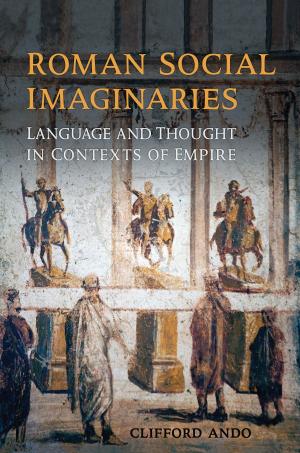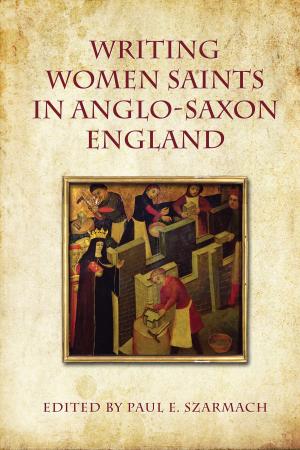Indigenous Women's Writing and the Cultural Study of Law
Fiction & Literature, Literary Theory & Criticism, Canadian, Nonfiction, Social & Cultural Studies, Social Science, Cultural Studies, Native American Studies, Gender Studies| Author: | Cheryl Suzack | ISBN: | 9781442624320 |
| Publisher: | University of Toronto Press, Scholarly Publishing Division | Publication: | May 8, 2017 |
| Imprint: | Language: | English |
| Author: | Cheryl Suzack |
| ISBN: | 9781442624320 |
| Publisher: | University of Toronto Press, Scholarly Publishing Division |
| Publication: | May 8, 2017 |
| Imprint: | |
| Language: | English |
In Indigenous Women’s Writing and the Cultural Study of Law, Cheryl Suzack explores Indigenous women’s writing in the post-civil rights period through close-reading analysis of major texts by Leslie Marmon Silko, Beatrice Culleton Mosionier, Louise Erdrich, and Winona LaDuke.
Working within a transnational framework that compares multiple tribal national contexts and U.S.-Canadian settler colonialism, Suzack sheds light on how these Indigenous writers use storytelling to engage in social justice activism by contesting discriminatory tribal membership codes, critiquing the dispossession of Indigenous women from their children, challenging dehumanizing blood quantum codes, and protesting colonial forms of land dispossession. Each chapter in this volume aligns a court case with a literary text to show how literature contributes to self-determination struggles. Situated at the intersections of critical race, Indigenous feminist, and social justice theories, Indigenous Women’s Writing and the Cultural Study of Law crafts an Indigenous-feminist literary model in order to demonstrate how Indigenous women respond to the narrow vision of law by recuperating other relationships–to themselves, the land, the community, and the settler-nation.
In Indigenous Women’s Writing and the Cultural Study of Law, Cheryl Suzack explores Indigenous women’s writing in the post-civil rights period through close-reading analysis of major texts by Leslie Marmon Silko, Beatrice Culleton Mosionier, Louise Erdrich, and Winona LaDuke.
Working within a transnational framework that compares multiple tribal national contexts and U.S.-Canadian settler colonialism, Suzack sheds light on how these Indigenous writers use storytelling to engage in social justice activism by contesting discriminatory tribal membership codes, critiquing the dispossession of Indigenous women from their children, challenging dehumanizing blood quantum codes, and protesting colonial forms of land dispossession. Each chapter in this volume aligns a court case with a literary text to show how literature contributes to self-determination struggles. Situated at the intersections of critical race, Indigenous feminist, and social justice theories, Indigenous Women’s Writing and the Cultural Study of Law crafts an Indigenous-feminist literary model in order to demonstrate how Indigenous women respond to the narrow vision of law by recuperating other relationships–to themselves, the land, the community, and the settler-nation.
